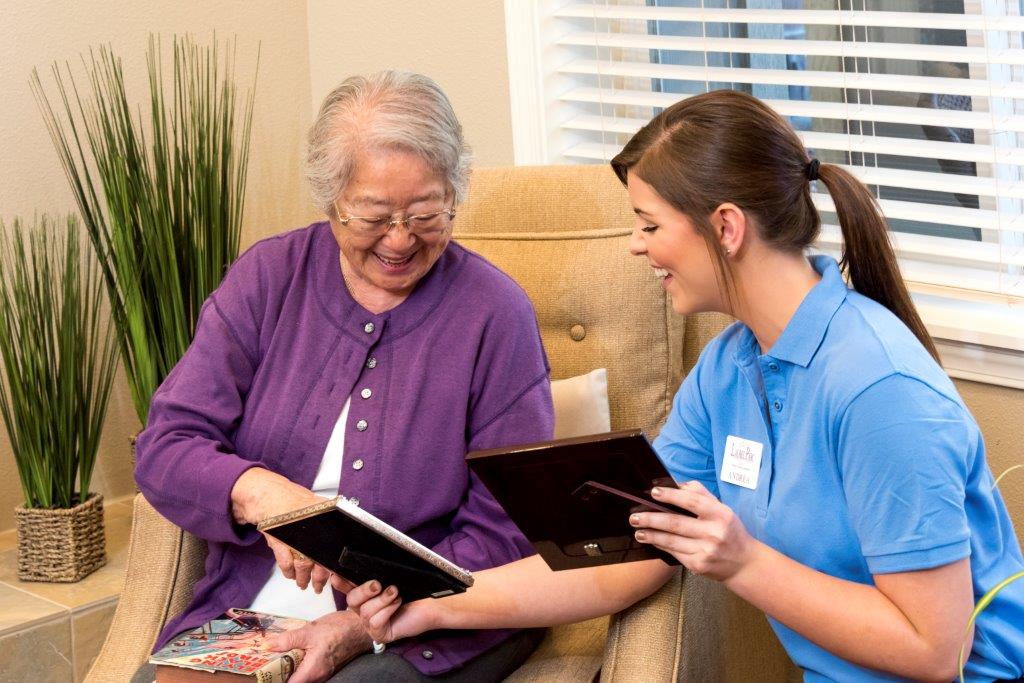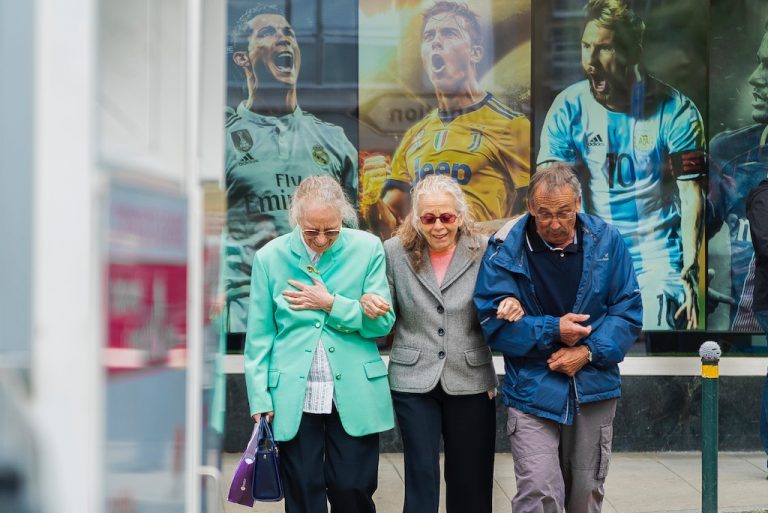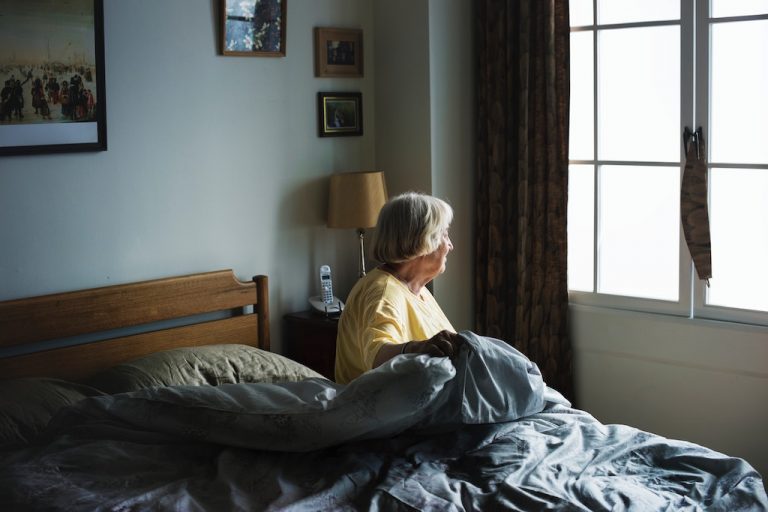Evaluating memory care for a loved one with dementia
It is never easy to witness the decline of an aging loved one, and when that decline is due to dementia, it becomes significantly more painful for the family to cope. These diseases present an ever-changing landscape that demands constant reevaluation. When you believe you have a game plan down, some new medical or behavioral development can completely upend your strategy. Even the most dedicated family can eventually become emotionally spent or find themselves over their heads in terms of their loved one’s care. For these patients, the process of decline will invariably beg the question, “at what point do I surrender his care to professional help?” This is the most challenging question of all, but in truth, memory care services offer tremendous benefits in preserving the safety and dignity of the mentally impaired.
What’s happening to them?
“Dementia” is an umbrella term for a variety of neurological diseases that share some similar characteristics. Alzheimer’s disease is the most common and well-known disorder, but other types of neurological conditions can cause dementia as well, such as chronic strokes, or brain tissue loss. Signs of dementia will be subtle in the beginning and may be either behavioral or cognitive. Mom may suddenly forget the orientation of her home or community or how to use a few common words. Dad may become agitated, paranoid, or fearful over seemingly benign events. As the decline progresses, the cognitive impairments will become more persistent, eventually rendering the person speechless, irrational, or unable to create new memories. The need for care becomes greater, as each stage of the disease removes a little more independence, until ultimately he or she cannot be left alone at all, either because of safety or a complete inability to feed or toilet alone.
What to expect
It is crucial for families to remember that while there are a few medications and therapies available to slow the progression of some types of disorders, the decline will continue. You should not expect that your loved one will ever free themselves from this disease, or that they should “try harder” to get better. Coping with memory disease is a one-way street that requires a coordinated effort of love, understanding, and diligence at every level. There may come a point when in-home care is no longer sustainable or safe, and a specialty facility may be in your loved one’s best interest. As painful as it may be, when Mom can no longer stay home without presenting a danger to herself or you, it is time to consider enlisting the help of a senior care center.
What is a memory care facility?
Memory facilities are often separate units built within an assisted living community or skilled nursing facility. Memory care units are designed entirely to provide a consistent and secure living structure to patients with Alzheimer’s or other cognitive deficits and are staffed with nurses, nursing assistants, and activity directors dedicated to providing a safe, happy, and controlled environment twenty-four hours a day. Unlike what you would typically associate with a nursing home, these are very active living communities designed to allow your loved one to continue to thrive with as much quality as possible while removing the variables of danger that living at home might present.
How to evaluate a memory care facility
Facilities like these hold a great responsibility to a tremendously vulnerable population. Before you consider enrolling your loved one, do your research to be sure that they will be receiving quality care. Visit the facility a few times at different times of day to see how the environment feels. Ask as many questions as you want about safety protocols and resident activities, and make sure you think you are getting consistent and enthusiastic answers. Check with your state’s regulating authority about any violations or complaints against your chosen facility. Last but not least, put an ear out to your local community. Ask for personal recommendations from others who have utilized these facilities for their aged family members.





